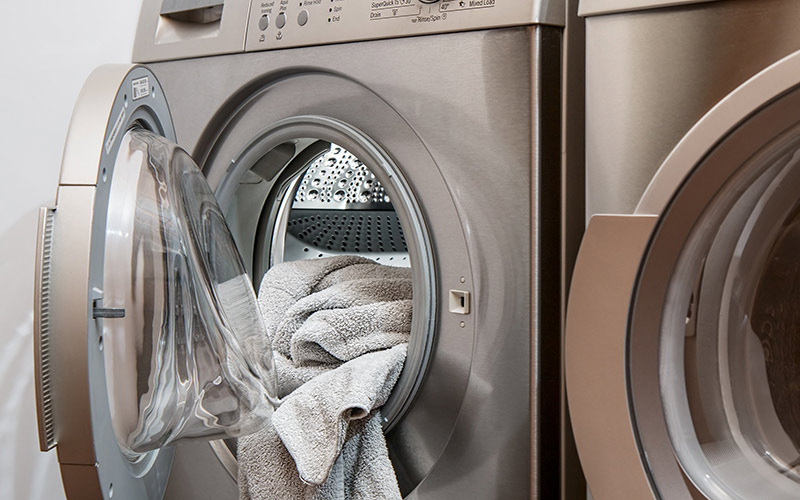
Damage to your appliances or property is one of those unfortunate things that every landlord wishes will never have to happen to them. And whilst there’s a good chance it never will, it’s still important to make sure you’re prepared for that unfortunate eventuality.
At online letting agents LetBritain, we understand how distressing this situation is. So here’s what the law says about damage, how to go about reclaiming those repair costs, and what to do if a tenant damages your appliances.
Whilst there’s no doubt that a landlord is entitled to reclaim funds for damages, when trying to define what counts as damage, we run into something of a murky grey area. The tenant is legally protected for any damages that can be defined as ‘fair wear and tear’.
In a lot of cases, reasonable judgement should be able to draw the distinction. Scuff marks on the wall, and faded or chipped paintwork are fair wear and tear, for instance. Since it is considered the landlord’s responsibility to “to keep in repair and proper working order the installations in the dwelling,” the law prohibits landlords from trying to reclaim general upkeep and repair costs from the tenant’s deposit.
If appliances or furniture are destroyed, through the tenant’s personal fault, or any damages incurred that can’t be considered ‘fair wear and tear’, then the landlord is entitled to reclaim the funds from the deposit.
When collecting a tenant’s deposit, landlords are legally required to hold the funds in a government-backed tenancy deposit protection scheme (TDP). When the tenancy comes to an end, the TDP can act as an independent arbiter of what constitutes fair wear and tear and what can be considered genuine damage. This is not a decision that can usually be appealed.
If the damage exceeds the value of the deposit, then you can take the dispute to a small claims court.
The tenant also has legal contractual obligations as far as damage is concerned. The law states that tenants are required to ‘make good’ any damage to the property. If they do not do this, the landlord is entitled to begin the eviction process, as the tenant, by virtue of not having arranged for or organised the repair of serious damage, would be in breach of contract.
At this point, the landlord should go through the normal steps of giving the tenant two months’ notice for eviction and seeking an official section 21 notice.
If you want further advice on lettings conundrums, then check out our recent landlord essentials blogs:
Stay tuned to our blog for even more useful tips and advice to come.